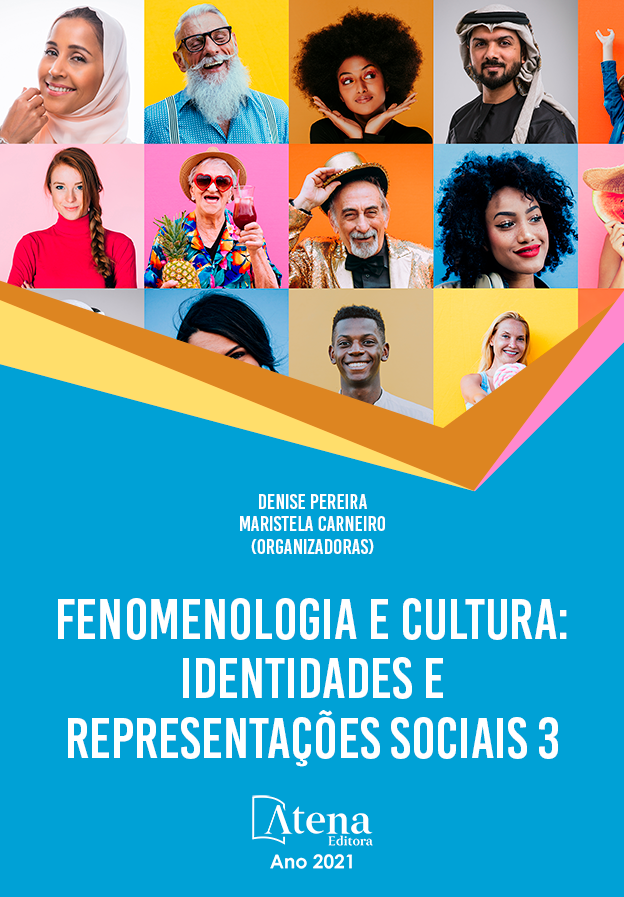
Wittgenstein: verdade e a pós-verdade
A pós-verdade é um fenômeno contemporâneo que se tornou amplamente analisado a partir de vários olhares, dentre eles, o da Filosofia. Neste sentido, esta pesquisa apresenta-se como mais um esforço filosófico para entender a tensão existente entre a verdade e a pós-verdade, bem como os mecanismos que as delimitam. Entretanto, buscaremos a partir da filosofia de Ludwig Wittgenstein, compreender esta questão para além daquilo que comumente é afirmado, quando se trata da verdade e da pós-verdade como opostos, para analisarmos a proximidade entre uma e outra, ambas, manifestas no âmbito da linguagem e da gramática. Na filosofia do primeiro Wittgenstein, a verdade é possível a partir da relação necessária que ela estabelece com a realidade, contudo, em sua segunda fase, o filósofo abandona a ideia da verdade e de seu possível suporte fiel ao mundo externo e/ou metafísico, para trata-la como uma espécie de convenção, que se dá no interior de um jogo, a partir de uma realidade prática. É neste ponto que sustentamos nossa tese, a de que a verdade e a pós-verdade se confundem e seus possíveis limites se desfazem, afinal, sem qualquer possibilidade de fundamento, se dilui o problema enunciado, como em uma terapia filosófica.
Wittgenstein: verdade e a pós-verdade
-
DOI: 10.22533/at.ed.65321150414
-
Palavras-chave: verdade, pós-verdade, Wittgenstein
-
Keywords: truth, post-truth, Wittgenstein
-
Abstract:
The post-truth is a contemporary phenomenon that has become widely analyzed from various perspectives, among them that of Philosophy. In this sense, this research presents itself as another philosophical effort to understand the tension between truth and post-truth, as well as the mechanisms that delimit them. However, we will seek from Ludwig Wittgenstein's philosophy to understand this question beyond what is commonly asserted, when it comes to truth and post-truth as opposites, to analyze the closeness between one and the other, both manifested in the context of language and grammar. In the philosophy of the first Wittgenstein, truth is possible from the necessary relation that it establishes with reality; however, in its second phase, the philosopher abandons the idea of truth and its possible faithful support to the external and / or metaphysical world, to treat it as a kind of convention, which takes place within a language game, from a practical reality. It is at this point that we hold our thesis, that truth and post-truth are confused and their possible limits are undone, after all, without any possibility of foundation, dilutes the problem enunciated, as in a philosophical therapy.
-
Número de páginas: 15
- Alexandre Martins
- Geraldo Pieroni


